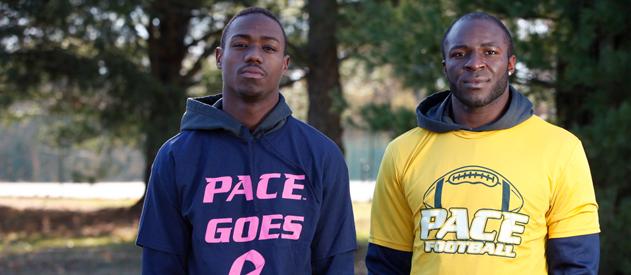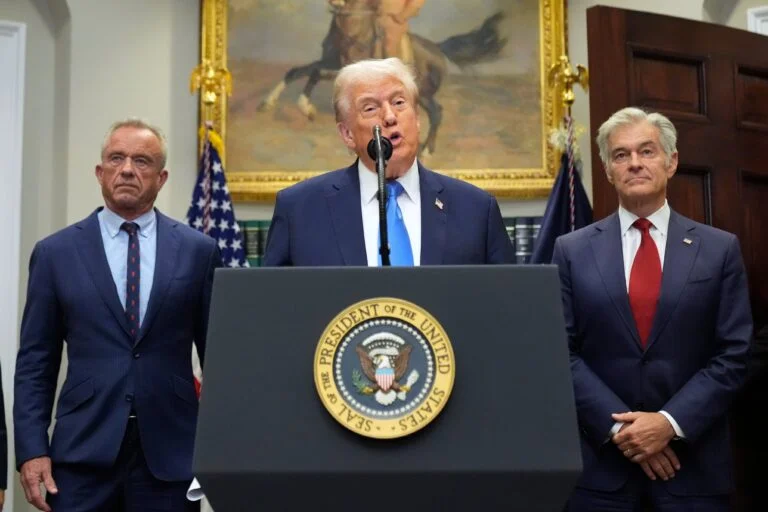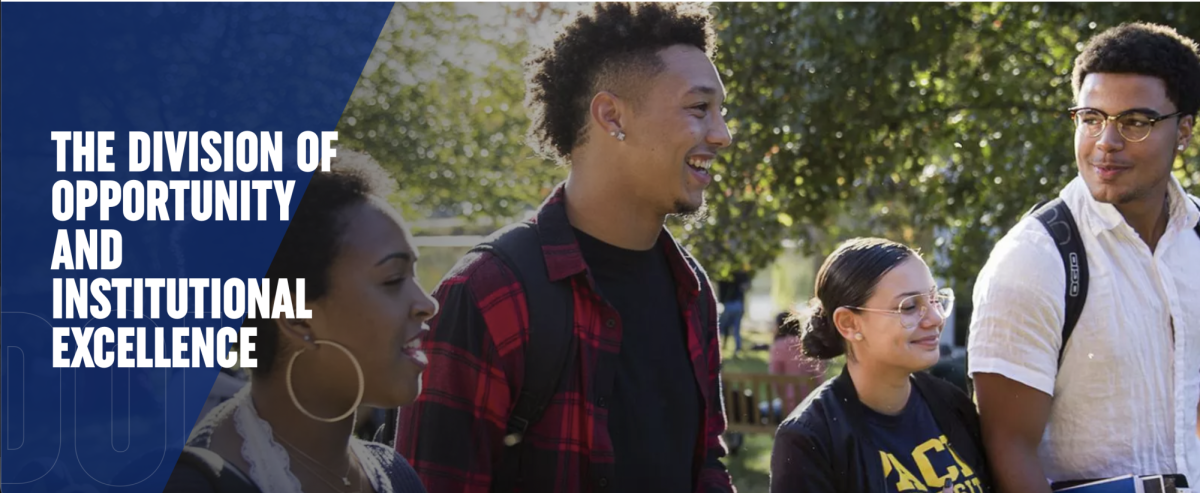The University’s Pleasantville Campus is in the midst of a $100 million campus-wide overhaul. New facilities such as a student center, alumni hall and environmental complex are in the works as well as other smaller changes such as guardrails in the parking lots. One of the biggest undertakings in the Pleasantville master plan is the Athletics Complex, which accounts for over 10 percent of the total expenditure of the overhaul alone. Construction on the Complex began with groundbreaking on Oct. 2014, and is slated for completion within a year. However, because of the Complex’s use of significant resources within the master plan, and recent allegations against a University coach abusing football players in a story broken by the New York Post, the sports renovations are beginning to not sit well with University students.
The first piece of Pleasantville’s sports narrative is the scope and scale of the new Athletics Complex. The facility includes a field house, a softball field, a multipurpose turf field and major renovations to the Peter X. Finnerty football Field. In an interview with The Pace Press, Mark Brown, Athletic Director at the Pleasantville campus, gives an estimated completion date of “mid fall, on or around October 1 [2015]” The October ETA is specific to the new field house, though by the time that is completed all other projects included in the Athletics Complex should have already been finished. If all goes according to plan—which Brown reminds is “fluid and contingent upon reasonable weather and little to no unforeseen circumstances”—then the project will be completed almost exactly one year from when ground was broken on the project.
But the history of Pleasantville sports, and the controversies that have come to light within a month of the Athletics Complex announcements complicate the undertakings. As reported in a story by the New York Post, football head coach Andy Randeau was accused of verbally and sometimes physically abusing his players; allegedly working them to the bone and then harshly chastising them when they voiced their concerns for their well-being.
The Pace Press reached out to coach Randeau, but he declined speak on the allegations brought to light in the New York Post story. Randeau had been placed on administrative leave until recently, when he was cleared of any wrongdoing after an internal investigation. The Jan. 26 release read, “[The internal investigation] has determined that the credible evidence did not substantiate the allegations against Coach Rondeau and other University personnel. Accordingly, Coach Andrew Rondeau has been returned to active status, resuming his duties as the University’s head football coach.” The release continued,
“The University’s investigation encompassed a comprehensive examination of each of the allegations referenced in the original news story and was conducted independently of the Athletics Department. In addition to reviewing relevant documents and communications, the University’s investigators conducted extensive interviews with coaches, other Athletics Department and University administrators and staff, current and former members of the football team, and persons outside of the University. In all, more than 60 individuals were interviewed–including 38 past and present University football players. It should be noted that two of the three former students whose allegations were reported in the press chose not to participate in the interviews, but their attorney provided a detailed statement of their claims.”
Also included in the Post story were allegations of unethical recruitment practices such as falsely promising a Business minor to new recruits as a more attractive package for athletes. Alexander Gurvich, a Finance professor at the Pleasantville campus, did not know of the practice, which indicates that it is at least not standard to give this kind of special treatment to players. In fact, he—perhaps not a Post subscriber—“did not know there is any controversy.” If the allegations are true, these false promises for athletes are a huge ethical breach by recruiters.
The building of the sports complex seems to be an attempt to revive Pleasantville sports: to do away with the history of sports failure, current controversy, and instead be an attractive sports school for incoming students. The Athletics Complex also seems like a good way to overshadow and marginalize the negative press they’ve been receiving, and course-correct a sports narrative that seems to have lost control in recent months. However, Mark Brown does not see the Athletics Complex as a shift in identity for the University “We always have been, and always will be a school focused on outstanding academic opportunities for students so the emphasis will not be on rebranding Pace as a more sports focused school but rather positioning athletics to play a more vital and visible role in our community.”
When the Pace Press reached out to the accused coach, Andy Rondeau, after declining to do an interview (prior to Pace’s relieving him of his administrative leave), he instead suggested we speak to Scott Trent, the Executive Director for Media Relations at the University’s public relations office, and Frederica Wald, Vice President for University Relations, both of which did not respond to our interview requests. The silence suggests that Pleasantville’s strategy in dealing with the sports controversy is to let the situation fizzle out, and instead have the focus remain on the renovations. The only administrative responses we were given were specifically about the new facilities, which only strengthen the idea that Pleasantville does not want any more dialogue about sports controversy.







